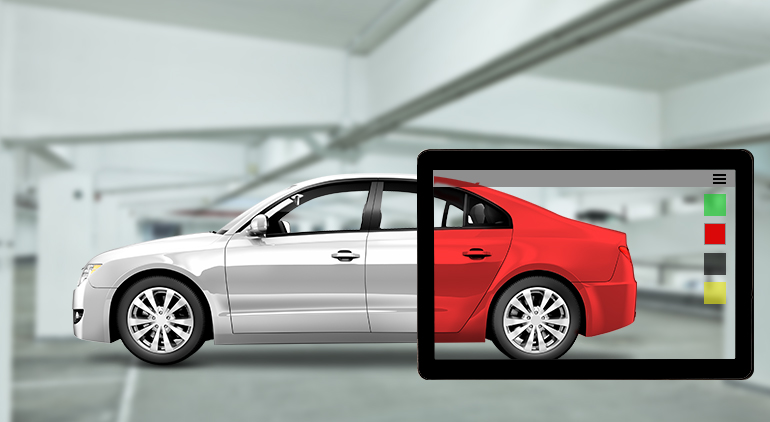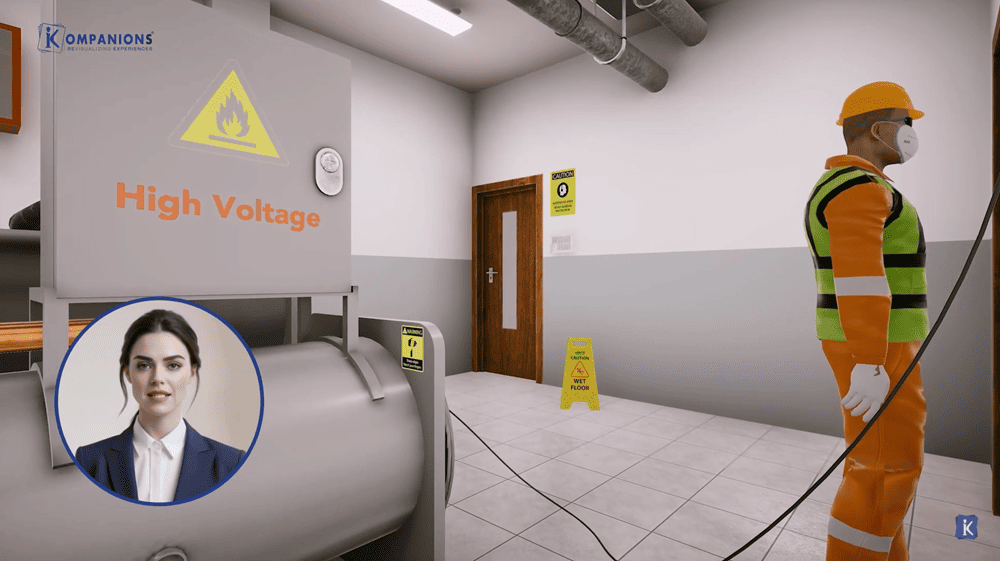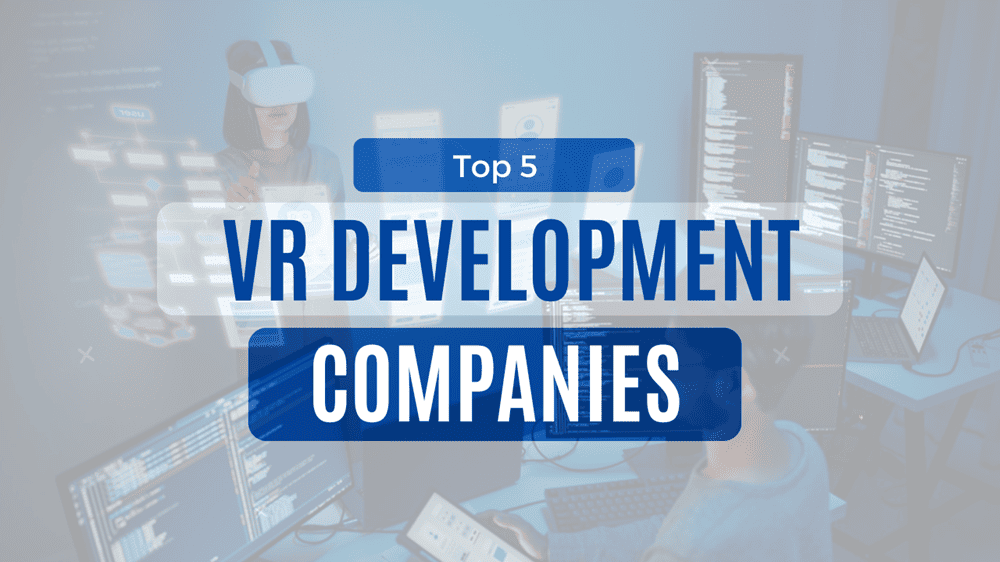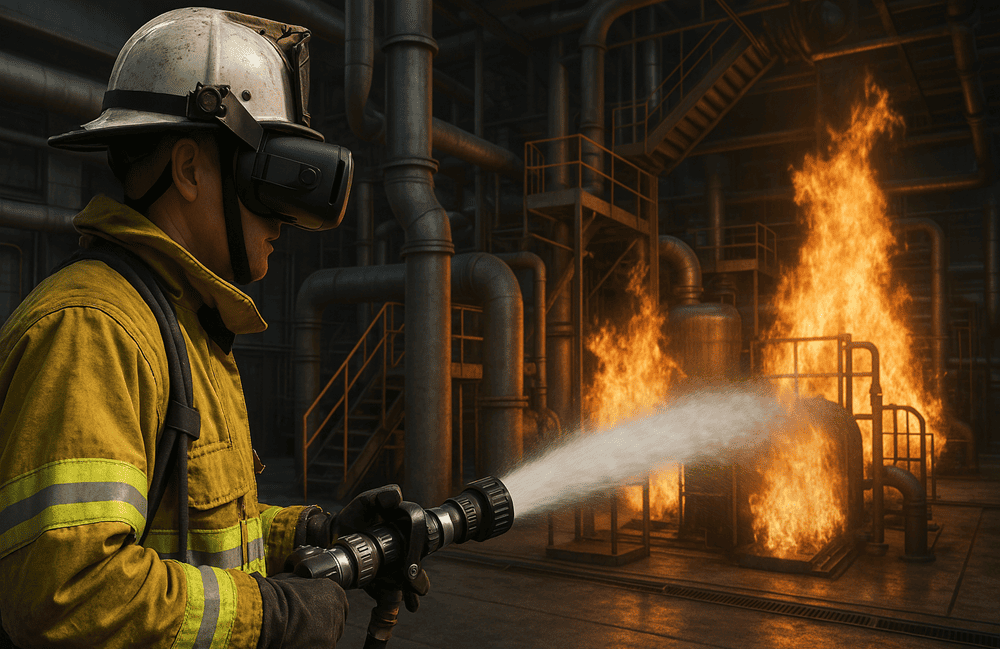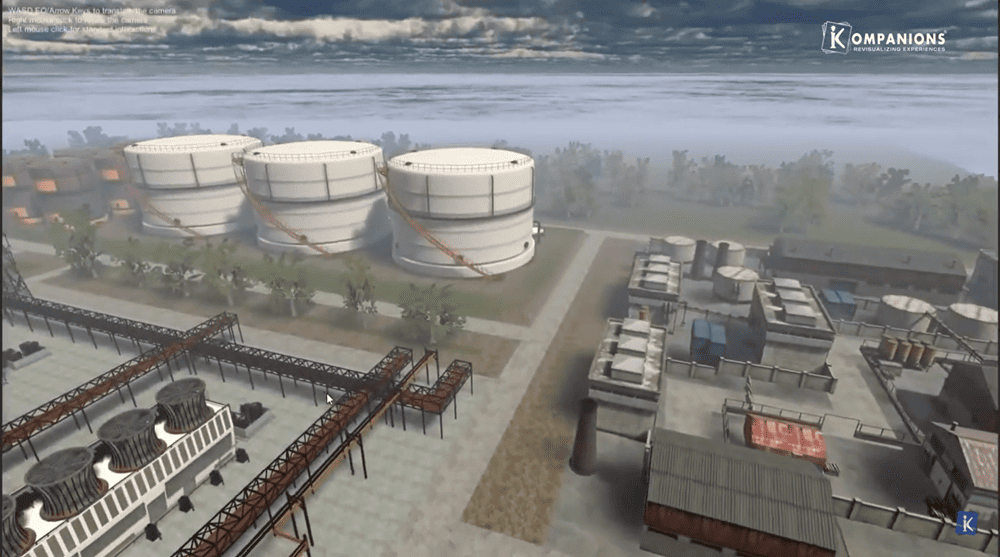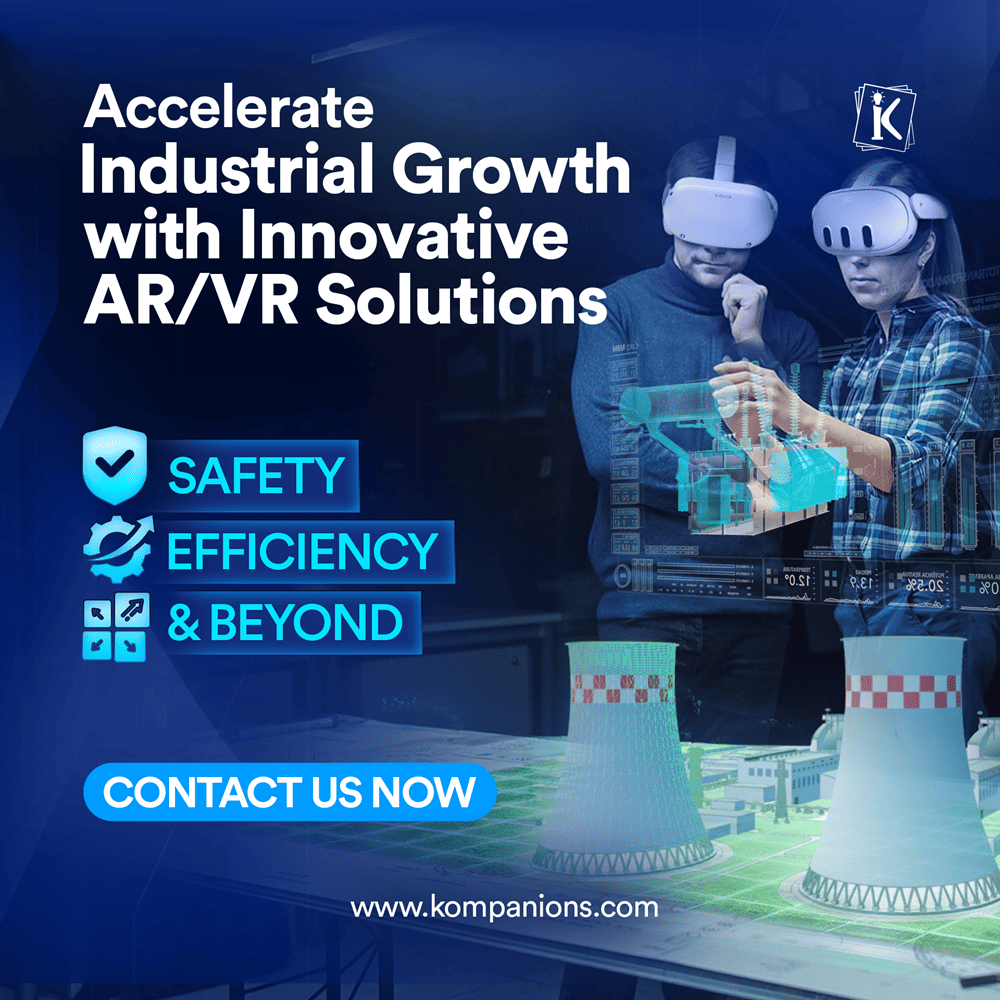It’s time to talk tech. The world is seeing an exponential rise in the manner in which AR is being put behind the wheel. The automotive industry is undergoing a disruption in previously unimaginable ways. From virtual engineering to HUDs, AR is dictating our traveling experience.
- By 2025, the global AR VR automotive industry will reach $673 Billion.
- The CAGR is expected to be 17.6%
The power of AR can be seen in the success of Land Rover in the UK. Even before the launch of the car, Land Rover achieved 143% of its presale target for the New Discovery Sport model. This was done through AR-enabled virtual showrooms.
Industry Players at the Forefront of AR Adoption
• BMW released its crossover SUV segment completely in the virtual model.
• Tesla’s virtual car showroom is the best example where the customer is put into a futuristic car showroom equipped with all the models they plan to purchase.
• The AR for Car Chase experiment by Nissan to promote its Chase model.
• MG Digital Studio offers a unique visual experience with only digitally projected cars in its showrooms.
• Porsche has reduced the service time shortened the chain of communication, and improved the quality of customer experience through the “Tech Look Live” program.
Benefits of AR in the Automotive Industry
AR is revolutionizing the automotive industry by enhancing design, manufacturing, and customer experiences. From streamlining prototyping to improving driver safety with advanced HUDs, AR offers innovative solutions that boost efficiency and engagement. Discover how AR is transforming the automotive sector and driving the future of mobility.
1. AR-Powered Car Showrooms
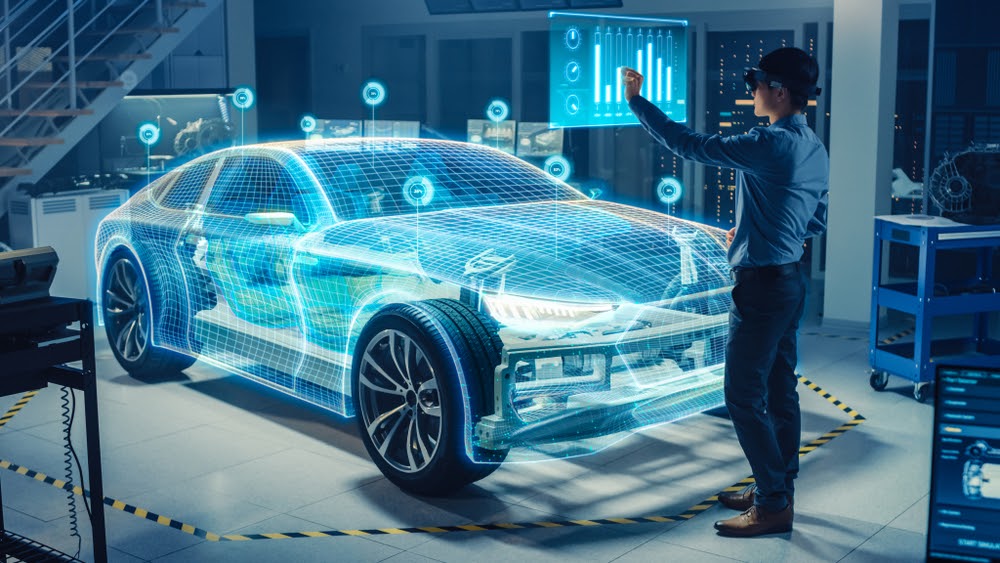
Before the actual purchase, the prospect is given an immersive setting where they can virtually interact with the car and modify various features until they are completely satisfied with the product.
Giving this sense of freedom of choice with little to no commitment greatly lubricates the conversion process.
Virtual showrooms are also advantageous for retailers and manufacturers as well. The total storage cost is reduced. Unpopular colors and specifications can be done away with.
And the issue of value depreciation can be dealt with. Immersive tech and digital reality allow retailers to pinpoint customer needs and better serve them.
2. Test Driving
With virtual test drives enabled through augmented reality cars, the customer can simply put on headgear or sit in a simulator and experience the exact nuances of the physicality of the vehicle.
Related post: Opportunities AR, VR, MR Provides for SMEs
There are certain terrain-specific vehicles such as Land Rovers or Hummers. The complete sophistication of the machine can be experienced only on certain terrains. AR addresses this as well by bringing the terrain to the customer.
3. Sales
Digital car showrooms are the future of automotive retail. This greatly reduces the rent and gives way to better operational efficiency.
AR assists with after-sales activities as well. An example is Volkswagen’s MARTA or Mobile Augmented Reality Technical Assistance.
MARTA is an AR-powered goggle that allows the technicians to get a vision of the car, overlaid with repairing information making sure that human error is reduced to absolute zero.
4. Services
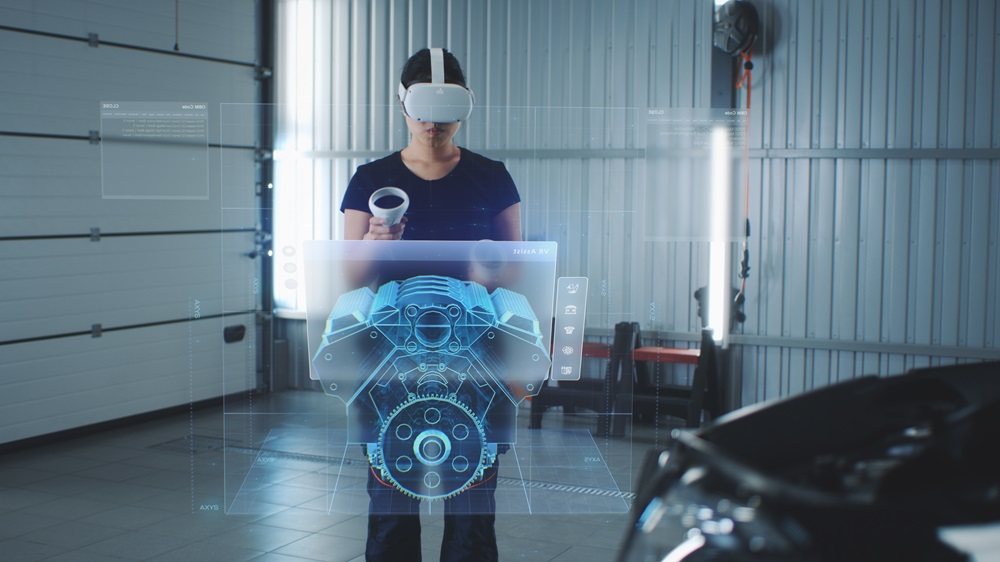
Using augmented reality in automotive, vehicle owners can point a device at their vehicle to understand how to fix minor issues. This can reduce service center visits.
If the issue is a major one, the owner can get to know the exact problem before visiting a service center, thus improving the customer–manufacturer relationship.
Ready to drive into the future? Explore how our AR innovations can give your automotive business a competitive edge. Contact us today to learn more!
Contact Us
The Opportunities
The pandemic has hit badly on India’s vision of being the world’s third-largest automotive market by 2025.
• The passenger vehicle sales have dropped 78.43%.
• The industry is suffering a loss of Rs 2300 crore per day.
It is imperative to take innovative steps. AR can take this responsibility to the next level. Immersive experiences at both a manufacturing and consumer level can work wonders for the industry.
Over and above being an engagement tool, industrial AR solutions can be an innovative branding technique.
 Before the actual purchase, the prospect is given an immersive setting where they can virtually interact with the car and modify various features until they are completely satisfied with the product.
Before the actual purchase, the prospect is given an immersive setting where they can virtually interact with the car and modify various features until they are completely satisfied with the product.
